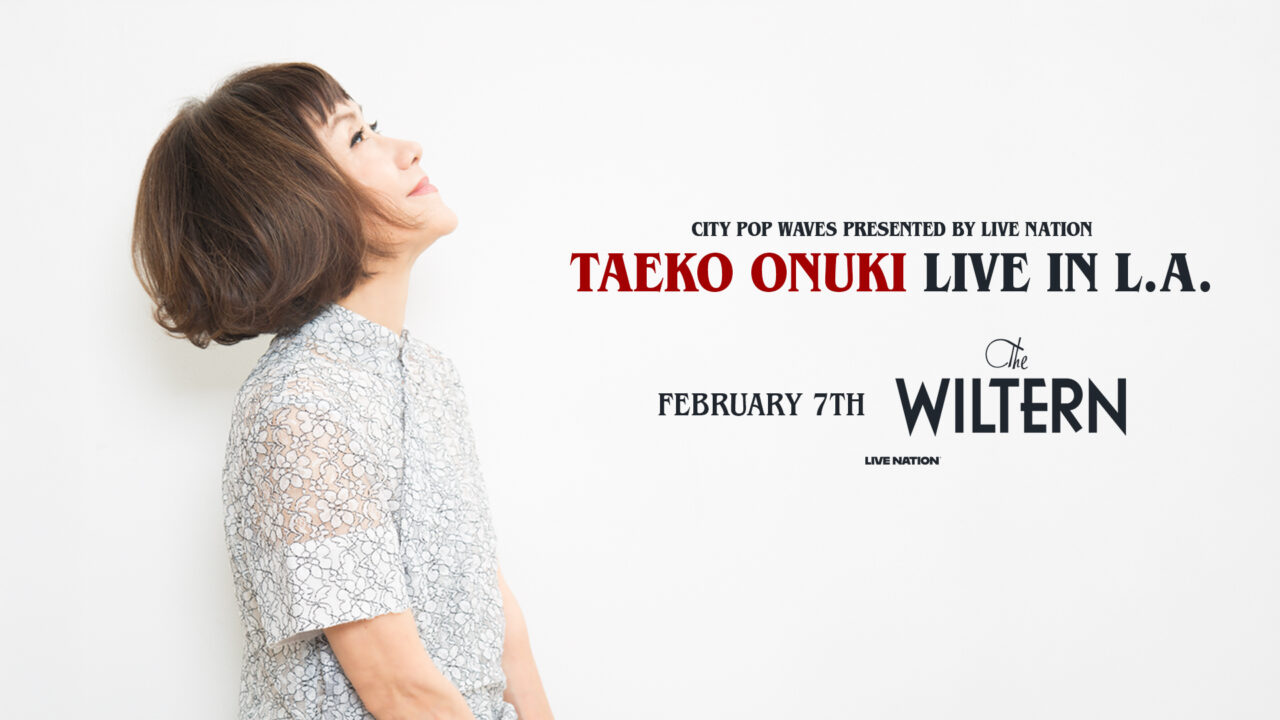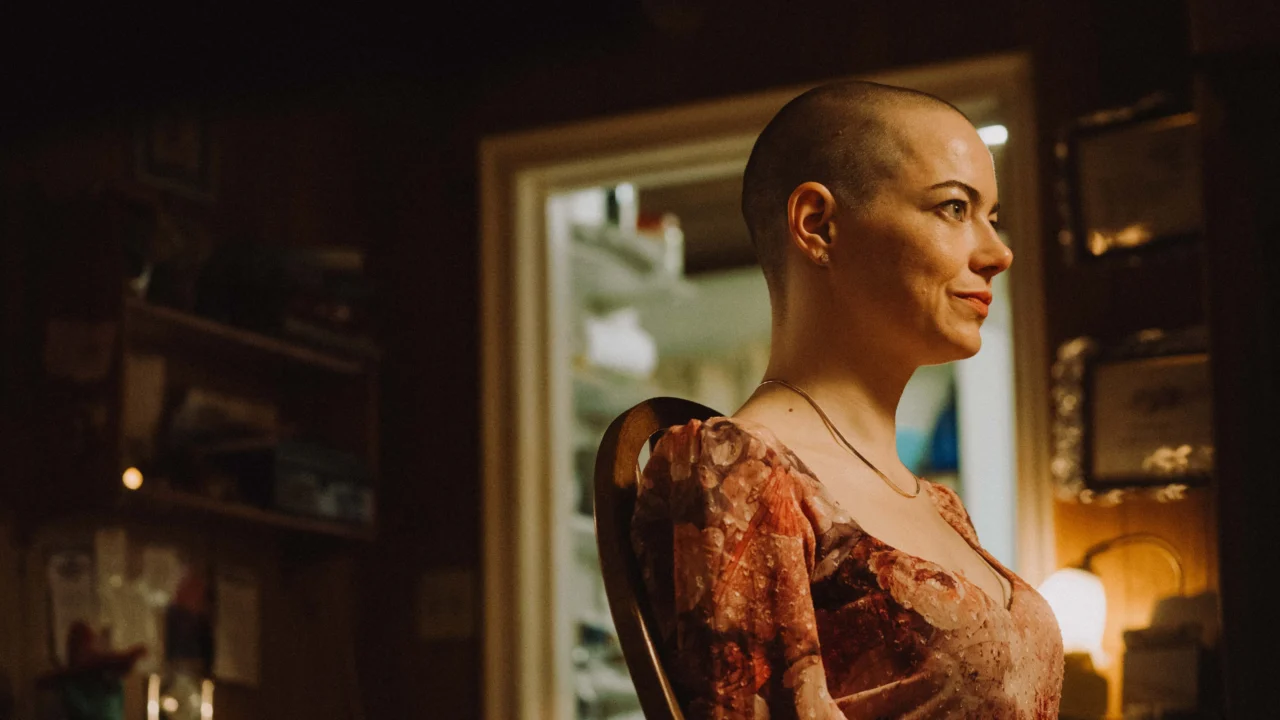A circle of friends connected by goo touching! The “FIST BUMP” corner of the radio program “GRAND MARQUEE” features people who live and enjoy Tokyo in a relay format.
On January 23, writer Minori Suzuki introduced Ryoko Kuwahara, editor-in-chief of culture media web magazine “NeoL”. We asked her about the club culture she witnessed in Korea, her thoughts on the web magazine, and what made her re-enroll in college.
INDEX
Korean clubs where crossover is born
Celeina (MC): Ms. Suzuki, who appeared on the show yesterday, introduced you as his “late-night family restaurant friend”.Do you still go to family restaurants together?
Kuwahara: Of course.
Takano (MC): That is a very nice phrase, “late-night family restaurant friend”.
Celeina: What do you talk about?
Kuwahara:We talk about our favorite artists and music videos we’ve seen recently, just like after-school talk with our good friends. It’s really just silly talk with friends.
Celeina:Friends like that are the best! I heard that you and Ms. Suzuki often talk about K-POP, and Ms. Kuwahara went to Korea last month. I heard that you went around clubs.
Kuwahara:Yes, I went with a DJ friend, so we were hustling small boxes from the day we arrived.
Takano: Are clubs in Korea different in atmosphere from those in Japan?
Kuwahara: I mainly went to small clubs, and many of them had their own unique atmosphere. The sound system was good, and there was a sense of a culture being born, such as clubs renovated from old houses, venues with terraces, and clubs decorated with art.
Takano: The differences between them all sound interesting.
Kuwahara:At the venue that was converted from an old private house, K-pop artists who are popular in Japan came to play, and RM of BTS also works with street artists, so I felt a crossover was taking place.
Takano: I think this is valuable local information that Ms.Kuwahara earned with his feet.
INDEX
Launching the web magazine “NeoL” to give back to the culture that supported us.
Celeina:You are currently the editor-in-chief of the culture web magazine “NeoL”.But when did you start working in publishing?
Kuwahara:It’s been so long ago that I don’t remember exactly, but it was right after I graduated from university.
Celeina: What made you choose the publishing business?
Kuwahara: I’ve always loved books to the point that I originally wondered if there was a job where I could just read books. I thought about becoming a librarian or a bookstore owner, but I felt that I didn’t read as many books as I thought I would, so I decided to try my hand at being a creator. Since then, I have worked in editorial work for a major publishing company, fashion magazines, and then culture magazines.
Celeina:Have you loved books since you were a child?
Kuwahara: I grew up in a strict family where TV and music were restricted, so books were the only things I had access to. Inevitably, I was the student who read the most books.
Takano: Is there something similar to a reaction to growing up that made you fall in love with K-pop?
Kuwahara: I already had a reaction from my school days. I was selfishly inspired by Pippi from “Pippi Longstocking” and Snufkin from “Moomin”, who were doing what they wanted to do, and I thought, “I will not go on rails. I remember sneaking into my parents’ study to watch TV and listen to Western music.
Takano: That is a great episode. Perhaps it was because of these restrictions that we were able to launch Culture Magazine.
Celeina:We also read “NeoL” and found it to be a good read, with information on the latest movies and articles on vegan restaurants in Korea.
Takano: Do you curate the articles with your own taste?
Kuwahara: Rather, there is nothing that is not curated. I started “NeoL” partly as a way of giving back to the culture that stimulated and supported me in my repressed life. So, I want to be sincere about culture, and I want to deliver it to people who, like me, are looking for salvation and feel the need to “go somewhere other than here.
Celeina: I found the article to be a source of comfort.
Takano: I hope everyone will check it out and read it. Now, we would like to play one song here. I asked Ms. Kuwahara to choose a song that he would like everyone to listen to together on the radio at this time. Please tell us the reason for your song selection.
Kuwahara: I’m currently reading the artist’s autobiography, and I think it is directly related to the issue of “objectification of women” that Ms. Suzuki mentioned yesterday. I chose “Toxic” by Britney Spears because I feel that she has been expressing herself in a more independent way recently.






















